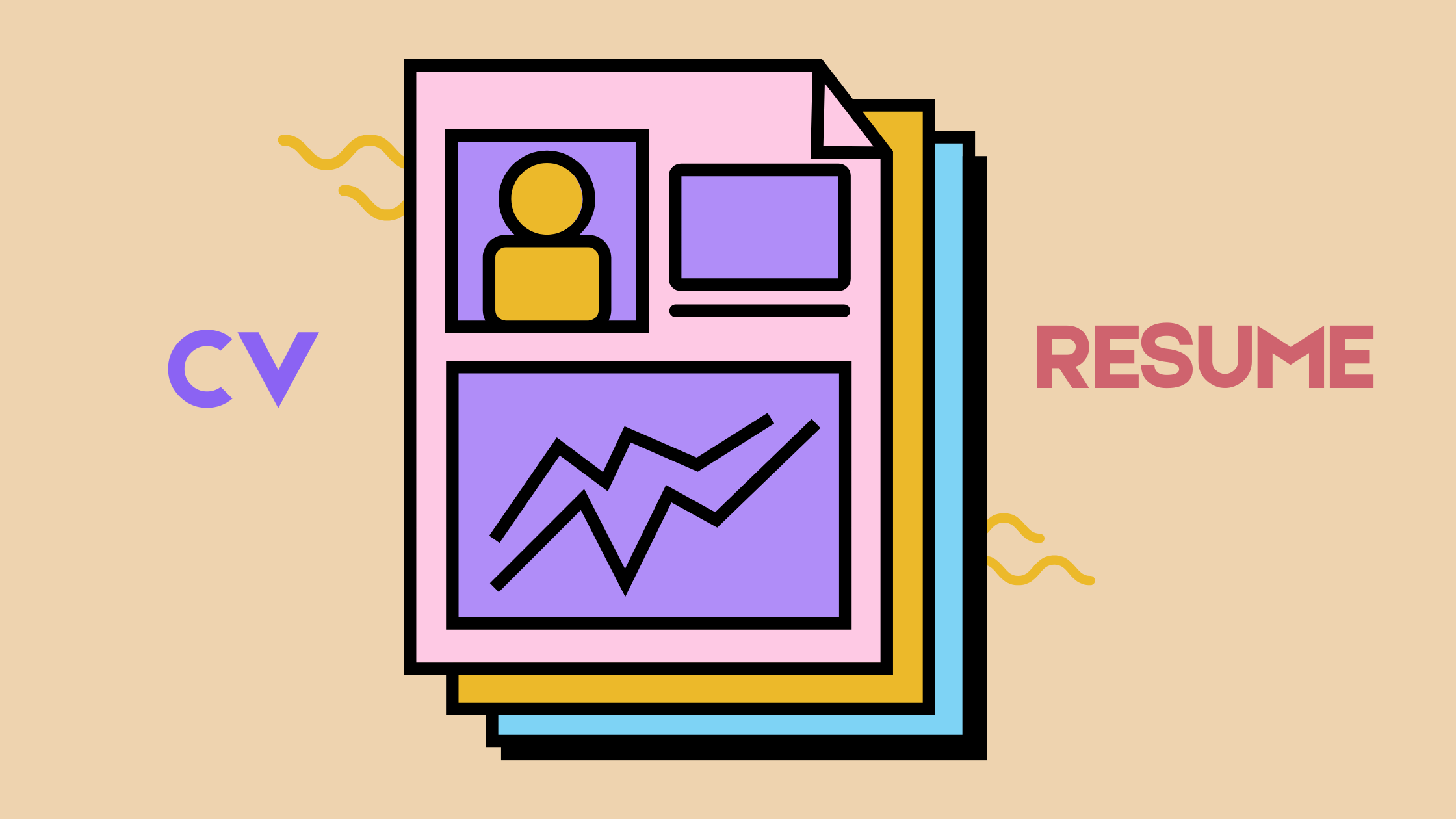CV vs. Resume: Finally, a Clear Answer to the Job Hunter's Question

Ever been stumped when a job application asks for a CV? You're not alone. This guide breaks down the key differences between a CV and a résumé so you can apply for your next job with total confidence.
What Exactly is a CV? The Full Story
CV is short for Curriculum Vitae, which is Latin for "course of life." That name is a massive clue—a CV is a comprehensive, multi-page document that details your entire academic and professional journey.
Think of it less like a marketing brochure and more like a detailed archive. It’s static, meaning you don't typically change it for each job application. It just grows longer as you accomplish more.
A CV typically includes:
- Full education history and academic achievements
- Detailed work experience
- Research, publications, and presentations
- Grants, fellowships, and scholarships you've received
- Professional licenses, certifications, and affiliations
- Awards and honors
A CV for an experienced academic or researcher can easily run from 3 to 10 pages, or even longer!
So, What's a Resume, Then? The Highlight Reel
A resume (from the French word for "summary") is the exact opposite. It's a short, concise, and highly-tailored document designed to grab a recruiter's attention quickly.
Its one and only job is to show a hiring manager that you are the perfect fit for a specific role. This means you should be customizing your résumé for every single job you apply for, highlighting only the most relevant skills and experiences.
A résumé is your professional movie trailer—it's the exciting preview, not the full-length feature film.
Key features of a resume:
- Brief: Strictly one page (or two, if you have extensive, relevant experience).
- Targeted: Focuses only on the skills and qualifications pertinent to the job description.
- Punchy: Often uses bullet points and action verbs to showcase achievements, not just list duties.
The Key Differences at a Glance
Still a little fuzzy? Here’s a simple side-by-side breakdown.
Purpose
- CV: To provide a complete and exhaustive record of your academic and professional life.
- Résumé: To create a brief, targeted pitch for a specific job.
Length
- CV: As long as it needs to be. Often 2+ pages.
- Résumé: Short and sweet. Ideally one page, max of two.
Content
- CV: All-inclusive. Details your publications, conferences, research, and full work history.
- Resume: Selective. Showcases only the most relevant qualifications for the job at hand.
When to Use Which? The Golden Rule
This is the most important part. Using the wrong document can send the wrong message.
You should use a CV when you are applying for:
- Academic positions (professor, researcher, etc.) in any country.
- Scientific or medical roles that require a comprehensive background.
- International jobs, especially in the UK, Europe, New Zealand, the Middle East, and Asia, where "CV" is the standard term for any job application document.
You should use a résumé when you are applying for:
- The vast majority of corporate or private sector jobs in the United States and Canada.
- Most non-academic jobs in Australia.
Pro Tip: If you're ever unsure, re-read the job description carefully. If it's still not clear, it’s perfectly acceptable to contact the company's HR department and ask for clarification. They'll appreciate your attention to detail!
Now that you know the difference, you can approach any application with confidence, knowing you're providing exactly what the employer wants to see.
And whether you're building a concise résumé or detailing your life's work in a CV, a clean, professional format is non-negotiable. For a head start on creating a polished document that will impress any recruiter, check out the easy-to-use templates and tools at resumost.com.
© 2025 Resumost.
We love that you're reading our work! Please note that this content is our own. If you'd like to share or re-post it, please reach out to us for permission first. Unauthorized scraping of this site is not permitted.


